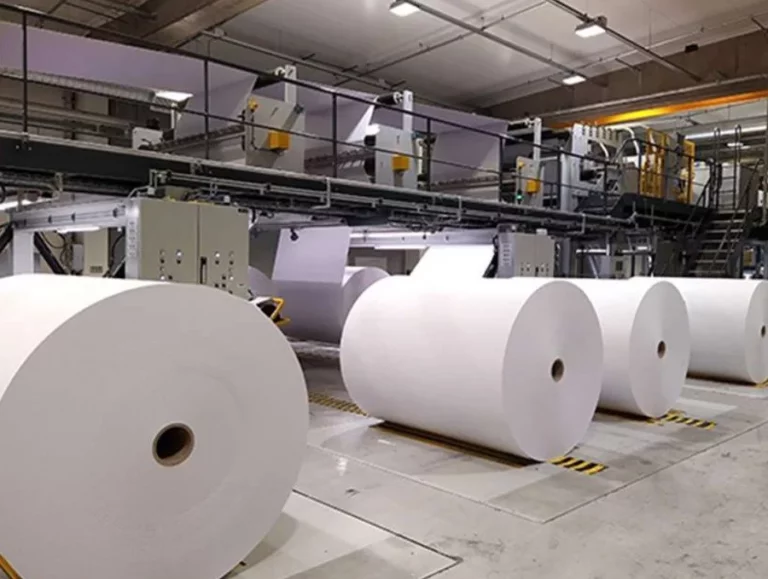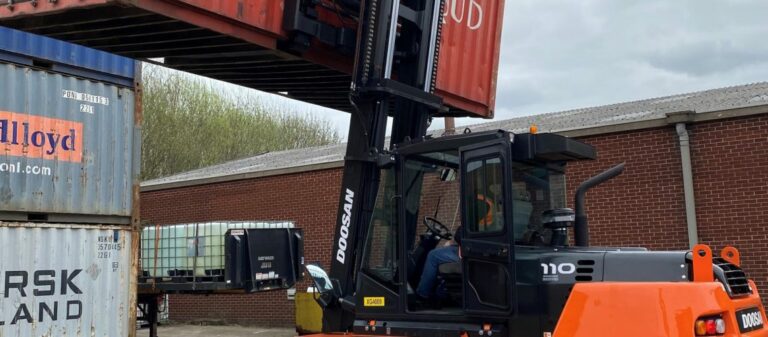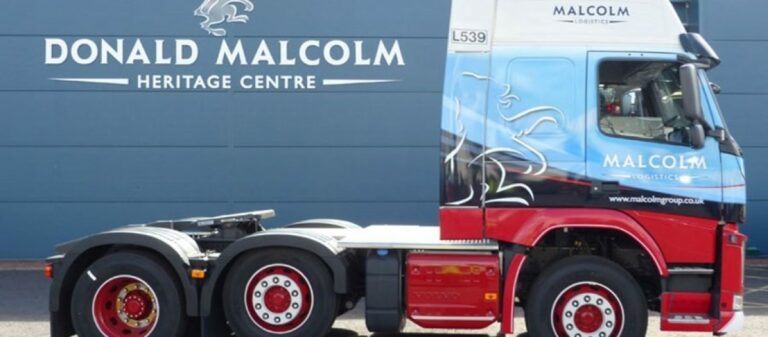Businesses of all sizes, both new and old, are increasingly adopting more sustainable practices in response to the worldwide environmental issue.
Greener methods decrease waste, improve the environment, and satisfy environmentally concerned clients. It can also increase efficiency and lower operational expenses, resulting in more earnings.
Reduced environmental impact, reduced costs
According to the World Trade Organization, global product and commercial services trade have expanded by around 7% per year over the previous 30 years. This entails that businesses are utilising more energy, packaging materials, and warehouse space year after year.
Fortunately, many organisations are implementing strategies to reduce emissions and waste throughout their supply chains. This not only improves the environment, but it may also save operational expenses. Optimising transportation routes, for example, saves CO2 emissions and fuel costs. Packaging optimization minimises waste and packing material costs.
All while these practices are effective, they stem from informed decision-making. How would you know where there is extra logistical expenditure if you are lacking the data to understand where you’re overspending?
Public Image considerations
Adopting green supply chain efforts may improve your public image, which is vital given current consumers’ high rise in environmental awareness.
The growing pressure to hold various governments and companies responsible cannot be overlooked. Customers who care about the environment want businesses to respond to the need to manage our planet’s finite resources responsibly and sustainably.
Where to start?
To green your supply chain, consider all parts of your organisation. Everything from production and storage to shipping and waste disposal is evaluated with the objective of selecting goods, services, and procedures with the least environmental effect.
Understanding your company’s spending, supply chain, and consumption trends is critical for enhancing sustainability.
Below are a few ideas for reducing your environmental footprint, cutting expenses, and increasing efficiency:
- Sourcing locally = Reduce waste, CO2 emissions, and fuel expenses by obtaining supplies locally.
- Down-size warehousing = Reduce shipping distances and expenses by employing smaller regional warehouses.
- Ship materials directly to the point of use = Ship raw materials for manufacturing directly to the site of use to save gasoline and perhaps minimise the requirement for protective packaging.
- Conserve energy = by employing low-voltage lighting and motion sensors or timers on lighting systems in your warehouse.
- Go electric = Reduce your paper use by switching to electronic technologies.
- Consolidate shipments = Shipments should be aligned and consolidated to decrease carbon emissions and perhaps reduce labour and fuel expenses.










